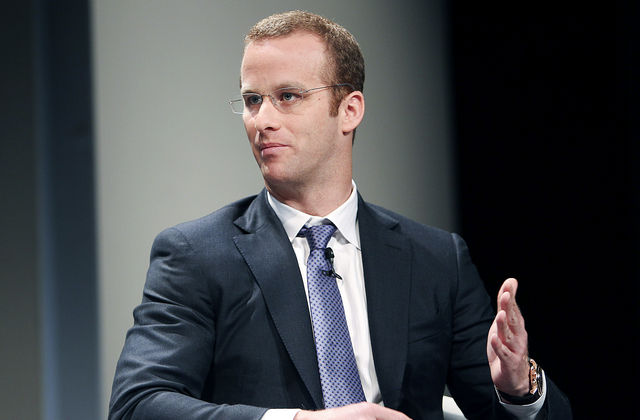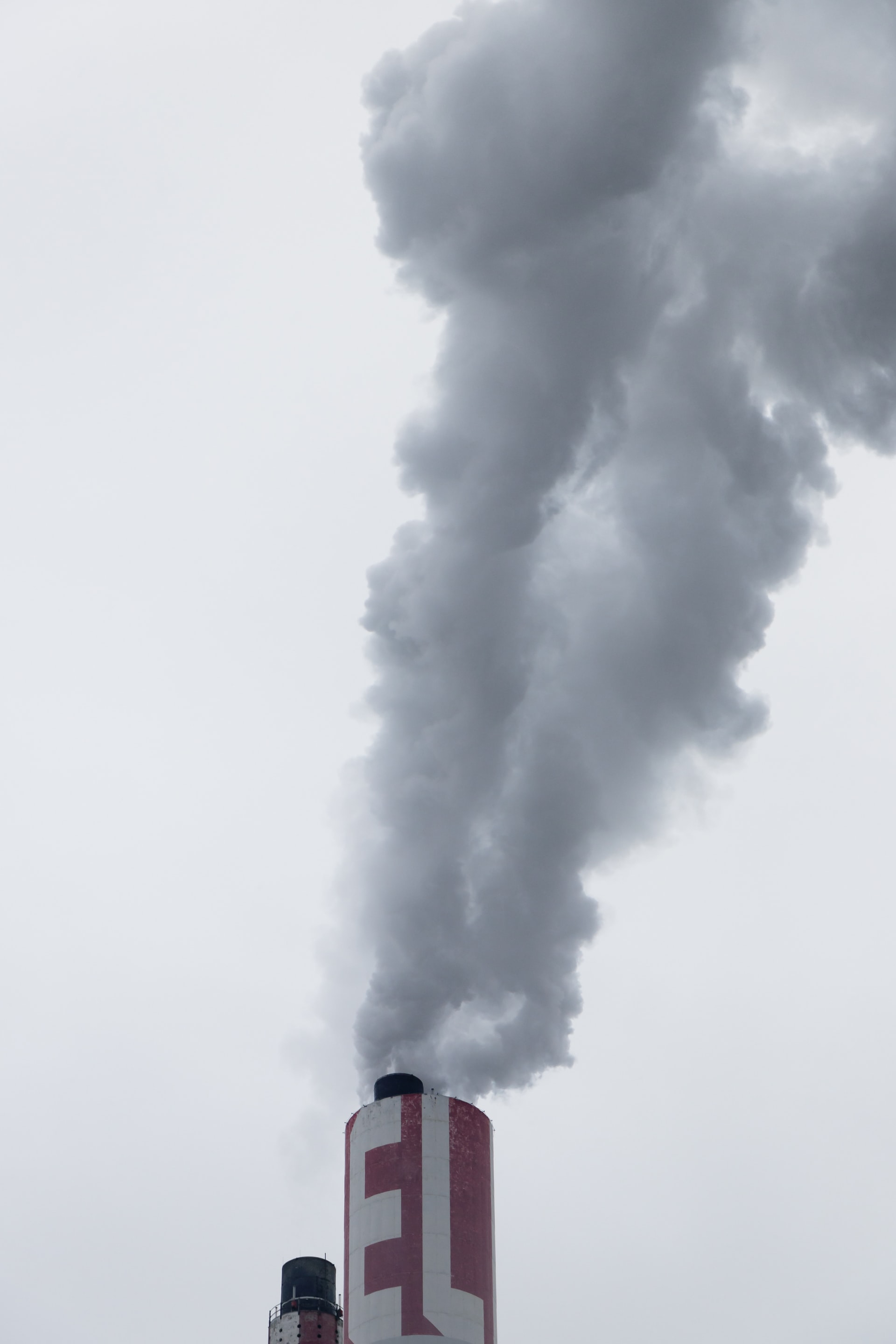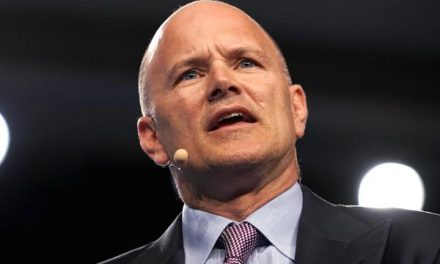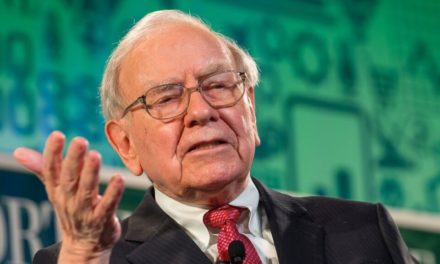Pierre Andurand bets on 100 USD carbon emissions permits, which are traded on Europe’s carbon market.
The idea of charging emission permits, per metric ton of carbon, is to penalize high carbon-emitting industries by forcing them to buy carbon permits on Europe’s carbon market.
So, carbon fuels become expensive, which then, in theory, should accelerate the industrial shift into low or zero-carbon energies. Put simply green policymakers are using the price mechanism to achieve their goals of reducing carbon emissions as stated under the Paris accord. In other words, carbon emissions permits will increase the price of carbon fuels, thereby increasing the demand for carbon-cutting energy alternatives, so the theory goes.


“The idea of charging emission permits, per metric ton of carbon, is to penalize high carbon-emitting industries by forcing them to buy carbon permits on Europe’s carbon market”
WEALTH TRAINING COMPANY
Pierre Andurand’s Andurand Capital Management has had a good run lately, indeed almost one year to the day I wrote a piece entitled, Pierre Andurand to bags triple-digit gains from an extraordinary event when US crude turning negative back in April 2020.
Fast forward a year, and Pierre Andurand bets on 100 USD carbon emissions as his fund is piling on the chips that carbon permits are in a secular bull run
So, Pierre Andurand believes that the polluter’s right to pollute, provided that they pay, will only become more expensive and he is not alone.
A string of London hedge funds is also betting that the price of carbon permits can only keep going up as the politics of the environment heats up
The bullish case is that Brussels is enacting plans to eliminate carbon emissions by the middle of the century in a massive shift in how the European Union powers its economy.
So as explained above forcing up the bloc’s carbon price, one of the key tools of EU climate policy may be crucial. The higher the price, the more incentive companies have to switch to alternative energies of low carbon emissions, thereby complying with the Paris Accord.
Pierre Andurand bets on 100 USD carbon as Andurand Capital Management energy as his analyst sees bulls running for carbon emissions
“We’re very confident the price path forward is up,” said Casey Dwyer, an analyst at the energy and oil-focused hedge fund run by Pierre Andurand. “We have an aggressive target for where we think prices need to go” he said.

“Pierre Andurand believes that the polluter’s right to pollute, provided that they pay, will only become more expensive and he is not alone”
WEALTH TRAINING COMPANY
Moreover, Dwyer expects carbon permits will hit 100 euros ($121) per metric ton of carbon emissions, as soon as later this year., from about 33 euros now.
If he is right carbon permits could appreciate by approximately 300%, which means Pierre Andurand bets on 100 USD carbon could stand to make the fund millions.
“Tate & Lyle, British sugar, is booming outside the EU’s strict environmental policies where the company was penalized from buying sugar cane from countries which the EU deemed as not having ethical and environmental standards” – Wealth Training Company
Is Pierre Andurand bets on 100 USD carbon, and a string of other hedge funds for that matter, a case of the smart money not being so smart?
What if the speculators are the useful idiots employing capital to bid up carbon permits, which is ultimately negative for bull carbons? The logic is simple, the artificially higher cost of production due to green policies could cause some industries with low-profit margins to go bankrupt. Alternatively, carbon permits could deindustrialize European industries and force them to set up shop in another region of the world where there is no penalty, or tax, which is what carbon permits are through the backdoor.
Think about. Why set up a factory in Europe when you can move to Africa, Asia and avoid paying for carbon permits. In other words, industries decide to relocate and pollute.
For example, Tate & Lyle, British sugar, is booming outside the EU’s strict environmental policies where the company was penalized from buying sugar cane from countries which the EU deemed as not having ethical and environmental standards. I am not pro Brexit but Tate & Lyle is a case of how regulations strangle business and reduce living standards for everyone concerned.
So, carbon permits could have little impact on pollutions levels they could even cause a regional recession as capital and industry moves to more favorable regions.
“It’s the best time to invest since early 2018”
– Ulf Ek, chief investment officer at Northlander
Carbon permits would need to be globally adopted otherwise regulators are putting an unfair tax on their home industries
I see carbon permits as a way of accelerating deindustrialization, increase unemployment and raising prices, thereby reducing living standards.
Sure, making people poor is one way of reducing the carbon footprint.
Pierre Andurand bets on 100 USD carbon could also result in less demand for carbon permits
So, if we discount industries that go bankrupt due to higher production costs because of the required carbon permits and those relocating to dodge the costs, then there is another category of industries that will move to greener energies.
So, if the overall demand for carbon permits falls, then prices of permits will also fall, based on the price mechanism. Admittedly, the extent to which this happened depends on the time lag for the industry to switch or relocate.
Nevertheless, “It’s the best time to invest since early 2018,” said Ulf Ek, chief investment officer at Northlander. Prices need to rise for the system to achieve its goal of reducing pollution, he said.
It remains to be seen whether this makes a good cocktail for investors; free-market capitalism mixed with left leaning environment policies
Maybe the Bitcoin tribe, flush with winnings will pile into the next hot thing, carbon permits.
Meanwhile, Goldman Sachs created what it calls a Carbon-Neutral Commodity Index, which allows investors to invest in commodities like oil and offset the emissions by also buying EU carbon permits. EUAs are the third-largest holding in the index after WTI and Brent crude oil.
So, Pierre Andurand bets on 100 USD carbon but it could be a case of enjoying the cocktail while it lasts, but make sure you are near the exit. If this is one of those rare occasions when policymakers get it right, that carbon permits cut carbon emissions, then long-term carbon permits could also be a bad investment.
As they say, make sure you are not left holding the bag.
















